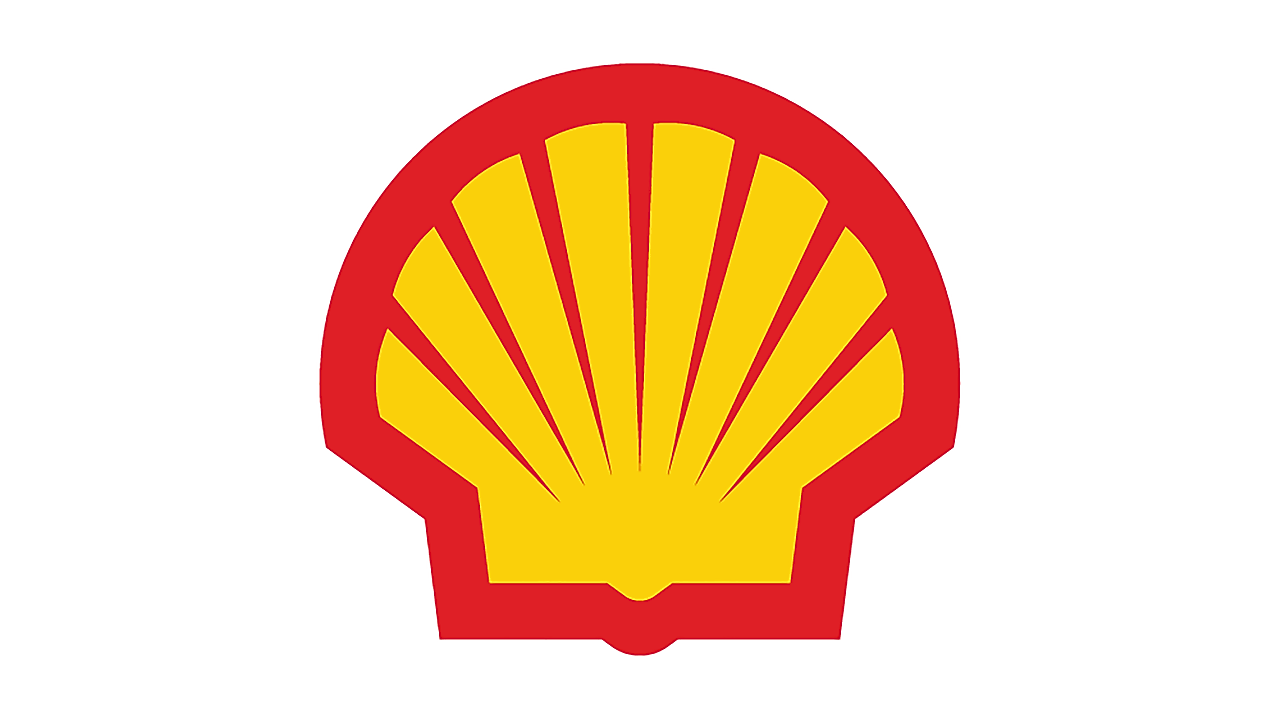
Is Car Sharing Cheaper Than Owning A Car?
Sick of forking out big money to keep a car in the driveway? We explore the financial benefits of car sharing.

Buying a car is a big financial commitment, but what if you could have wheels when you needed them without having to pay as much? That's the promise of car sharing. You pay to use a vehicle only when you need it, not only avoiding the initial investment of a car but ongoing costs such as registration, insurance, fuel and servicing.
But wait... isn't that just car rental?
Not really. Where rental is targeted at consumers with a structured and/or multiple-day requirement for wheels, car sharing caters to more every day, off-the-cuff needs. Vehicles can be rented for the day or just a few hours if necessary.
Rather than being available from set retail locations, vehicles can be accessed from multiple spots around a population centre. Crucially, there are no in-person interactions – bookings and key exchanges are performed online and/or via an app.
Car sharing – the cost analysis
There are a handful of Australian car-sharing providers. Some involve company-owned fleet vehicles, while others have you driving privately owned vehicles rented out by their owners. Each provider's cost structure differs but you'll essentially be paying an hourly or daily fee for the car plus a rate for the distance (the latter is often waived for daily bookings until a certain distance). Some services have membership fees, others might have booking or other fees. Fuel costs are typically covered.
What does it mean in the real world? Well, say you wanted to stop for lunch with friends after doing the weekly shop, a 12km round trip. If you were on a GoGet GoFrequent plan ($30 a month) and booked a Mitsubishi Mirage for three hours, the cost, excluding membership fees, would be $29.16*.
Another scenario – a weekend with friends, a round trip of 300km. If you were on a Popcar Often plan ($19.90 a month) and booked a Toyota RAV4 for two days, the cost, excluding membership fees, would be $216*.
Owning a car vs car sharing – which is cheaper?
Firstly, it's worth remembering how much you're probably already paying to run a car. In the RACV’s Annual Car Running Costs Survey for 2023, the absolute cheapest new car to own and operate ranked at $172.16 per week – almost $9000 a year. Whatever you're currently paying to run your car/s, it's likely to pay for plenty of car-sharing trips. Whether it might be right for you comes down to determining the sweet spot when the cost benefits of car sharing make it a more affordable choice than car ownership.
If you drive a lot, car ownership is still the way to go. Even the car-share providers say so – GoGet, for one, says its services can save money over car ownership when you drive more than 13,000km a year. And if your annual driving is in that 10,000-15,000km zone? It might be worth logging your car use for a month, calculating the cost of those trips with the various car-share services and performing a cost comparison of car sharing and owning – it's possible you could be paying more to get around than you need to. If not, or you're unwilling to give up the convenience of your own car, renting it out to a car-sharing service is a way to offset some of the expense.
*Car-share price calculations correct at the time of publication.
Disclaimer
Viva Energy Australia Pty Ltd (“Viva Energy”) has compiled the above article for your general information and to use as a general reference. Whilst all reasonable care has been taken by Viva Energy in compiling this article, Viva Energy does not warrant or represent that the information in the article is free from errors or omissions or is suitable for your intended use.
You may also be interested in

By Shell on Jul. 20, 2023

By Shell on May 11, 2023

By Shell on July 15, 2024